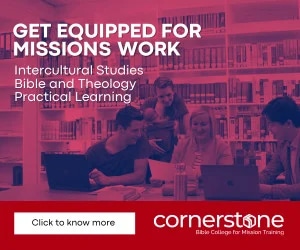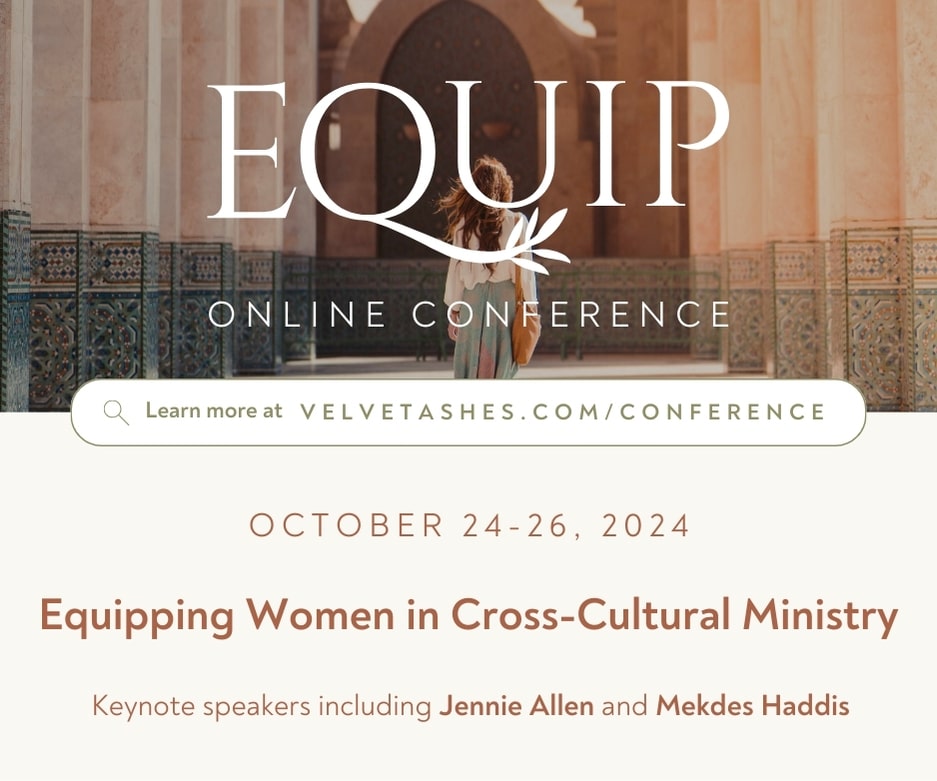EMQ » April–July 2024 » Volume 60 Issue 2

Summary: Throughout the Scriptures, the Creator has written a story about a reality in which gentiles and outside nations have been invited into reciprocal relationships where everyone can contribute to the creation of a people who are to be a blessing to all. But in our collective past, so many have been drawn in by reading ourselves into the stories of conquest and domination and imposed relationships of power and control that we have forgotten our original instructions.
By Monique Ransom
More than forty years ago, on one of several family visits to Mexico, I found myself standing in the ancient temple at Cholula, Puebla. Absorbing the modern sites and sounds awakened in my 8-year-old mind and heart what has become a longstanding curiosity about the beliefs and experiences of my ancient relatives and other Indigenous peoples across this continent.
The guide led the tour in both Spanish and English, evidence of Europe’s longstanding domination over the languages, cultures, politics, and business of the area. The stories he told described the Spanish conquest of the Indigenous peoples of Mexico and the almost complete annihilation of the cultures that predated their arrival. The echoes of this reverberate across Turtle Island (now known as North America) today.
As we peer through the layers of history, beginning in the late 1400s, it is clear that despite the diversity of Indigenous beliefs and ways of life around the globe, there are certain universal elements found in Indigenous experiences with dominating colonial forces. Indigenous nations worldwide have historically been forced to contend with dehumanizing assumptions of Amer-European colonizing powers. This has resulted in culture and identity loss. It is also the root of the continued struggle to be recognized as having a valuable participatory role in weaving the social, political, educational, and spiritual fabric of the modern nations in which they exist.
As people of North America, we have a history that many have never learned and may be traumatized by hearing. Yet to move forward together in a right relationship, we must discover how to dialogue. The goal is not to promote a sentiment of guilt for the past actions of ancestors. Instead, it is to recover a sense of where we have come from and discover a sense of responsibility to move toward where we can be collectively as people sharing this history and land.
Member-Only Access
Evangelical Missions Quarterly (EMQ) is available to Missio Nexus members as a member-only benefit or as a digital subscription.
Please login to gain access or join Missio Nexus!





